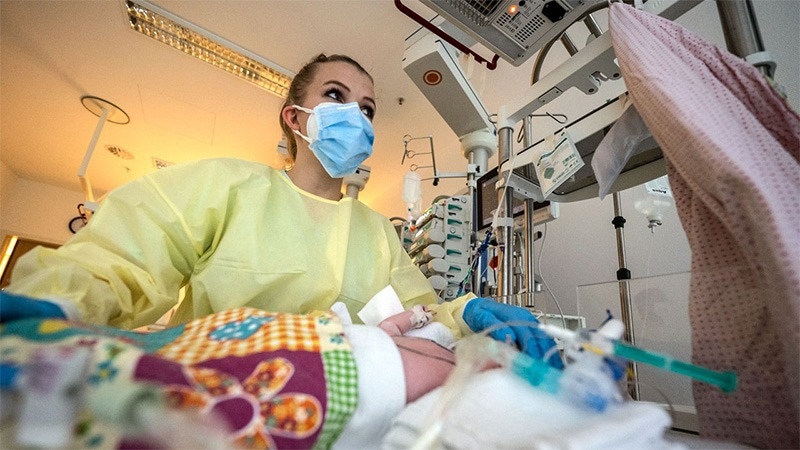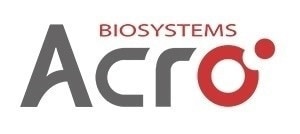Last month, Science published an article on the ten biggest scientific breakthroughs in 2022. The positive progress of respiratory syncytial virus (RSV) vaccines was one of them as the research and development journey appears to be finally nearing the finish line.

Image Credit: ACROBiosystems
A common respiratory viral infection that causes mild, cold-like symptoms is the respiratory syncytial virus (RSV), also known as the human respiratory syncytial virus (hRSV). However, ections can result in more serious infections like bronchiolitis or pneumonia in at-risk groups, including young children, the elderly, and people with impaired immune systems.
As a result, RSV is a significant cause of infant mortality, killing over 50,000 children under the age of five every year.
A key contributing factor to this immense disease burden is due to the limited prevention and treatment options available. At present, several antibody drugs, such as palivizumab, have been developed to help combat RSV infection. However, it is restricted to prophylaxis use in high-risk neonates.
This limitation is a direct result of the developed RSV antibody’s weak neutralizing power, which necessitates numerous high-dose administrations. Similarly, vaccine development has also been unsuccessful, with no vaccines reaching market approval.

Image Credit: ACROBiosystems
Scientists later identified the primary cause: the fusion (F) glycoprotein, a surface protein of the inactivated virus used in vaccinations, changes shape after docking onto a cellular receptor and fusing with the cell to cause infection.
In addition, the vaccine that uses the post-fusion protein can only elicit relatively weak antibodies, which failed to stop the virus. Further research by Barney Graham highlighted that locking the protein into its pre-fusion state for vaccination could induce higher levels of potent antibodies.
Ever since the pre-fusion form was discovered, research on vaccines and antibody drugs has focused on conformation-specific sites, highlighting the higher effectiveness of antibodies produced against the pre-fusion form.
Protein structural analysis approaches are essential to establish RSV F protein conformation during vaccine development and evaluation.
To support RSV vaccines evaluation and research, ACROBiosystems created an article that explores protocols and technical considerations for identifying conformational changes in the RSV protein to help ensure proteins are structurally accurate.

 Download the full application note
Download the full application note
About ACROBiosystems
ACROBiosystems is a cornerstone enterprise of the pharmaceutical and biotechnology industries. Their mission is to help overcome challenges with innovative tools and solutions from discovery to the clinic. They supply life science tools designed to be used in discovery research and scalable to the clinical phase and beyond. By consistently adapting to new regulatory challenges and guidelines, ACROBiosystems delivers solutions, whether it comes through recombinant proteins, antibodies, assay kits, GMP-grade reagents, or custom services. ACROBiosystems empower scientists and engineers dedicated towards innovation to simplify and accelerate the development of new, better, and more affordable medicine.
Sponsored Content Policy: News-Medical.net publishes articles and related content that may be derived from sources where we have existing commercial relationships, provided such content adds value to the core editorial ethos of News-Medical.Net which is to educate and inform site visitors interested in medical research, science, medical devices and treatments.